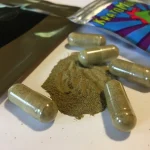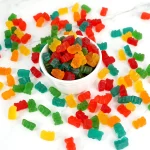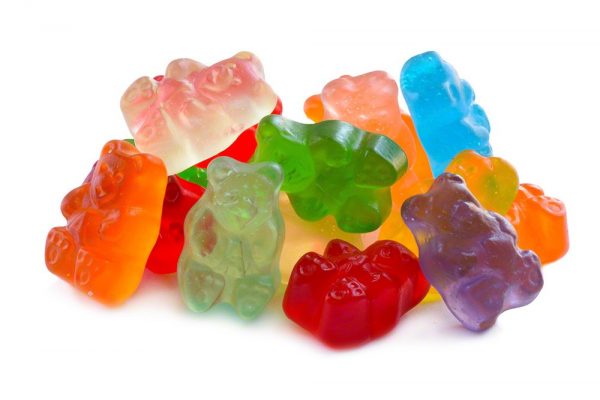Tonic water is a carbonated beverage that has been flavored with quinine and sugar syrup. It was first introduced in the late 19th century and was used as an antimalarial drug to prevent malaria. The drink soon became popular at high-society gatherings, such as at yachting events, where it was usually consumed by wealthy men who were about to travel to tropical climates.
The benefits of drinking Australian tonic water are an excellent alternative for people who love to drink alcoholic beverages. Tonic water is not an alcoholic beverage, so it has no side effects on the body. It also gives you the same kick as alcohol without all the adverse health problems associated with it.
Tonic water is known for its bitter taste and contains citric acid. It also provides a source of vitamin C, which can help boost the immune system against colds and flu while providing antioxidants that fight infection and diseases. Tonic water may be beneficial for athletes or those who engage in strenuous activities because it helps prevent muscle cramps caused by a lack of potassium in the body. It is thought to have been named after its supposed benefit of “toning” or strengthening one’s system since quinine was used to treat malaria. This disease causes blood pressure to rise because it interferes with the heart’s ability to pump blood efficiently.

Tonic Water is one of those oddities in the beverage world. It was first concocted as a medicine, and today it’s used primarily as a mixer—and an upscale mixer at that. Few people drink plain tonic water (except Kate Moss), and even fewer drink it for its health benefits.
Let me guess: you’re reading this article because you heard that tonic water has quinine in it and that quinine cures leg cramps, am I right? But before we get deep into tonic water’s benefits, let’s find out more about what exactly makes up this exciting beverage.
Tonic Water is created by mixing carbonated water with artificial or naturally-derived sweeteners (usually high-fructose corn syrup or cane sugar), flavorings (such as the essence of quinine, citric acid, and lime juice), and colorants (red 40, for example). The ratio of these ingredients is what distinguishes tonic water from other soft drinks.
Tonic Water has a particular taste that sets it apart from other types of soda pop. It’s difficult to describe—it tastes simultaneously bitter and sweet, somewhat akin to Sprite but more complex. Some people love the flavor while others hate it; chances are you either like tonic water or you don’t care about it one way or another.
Tonic Water acts as an appetite suppressant because of quinine’s effect on metabolism. Quinine increases the body’s ability to metabolize fat cells—this enables the body to process calories more quickly and decreases a person’s desire for food.


























